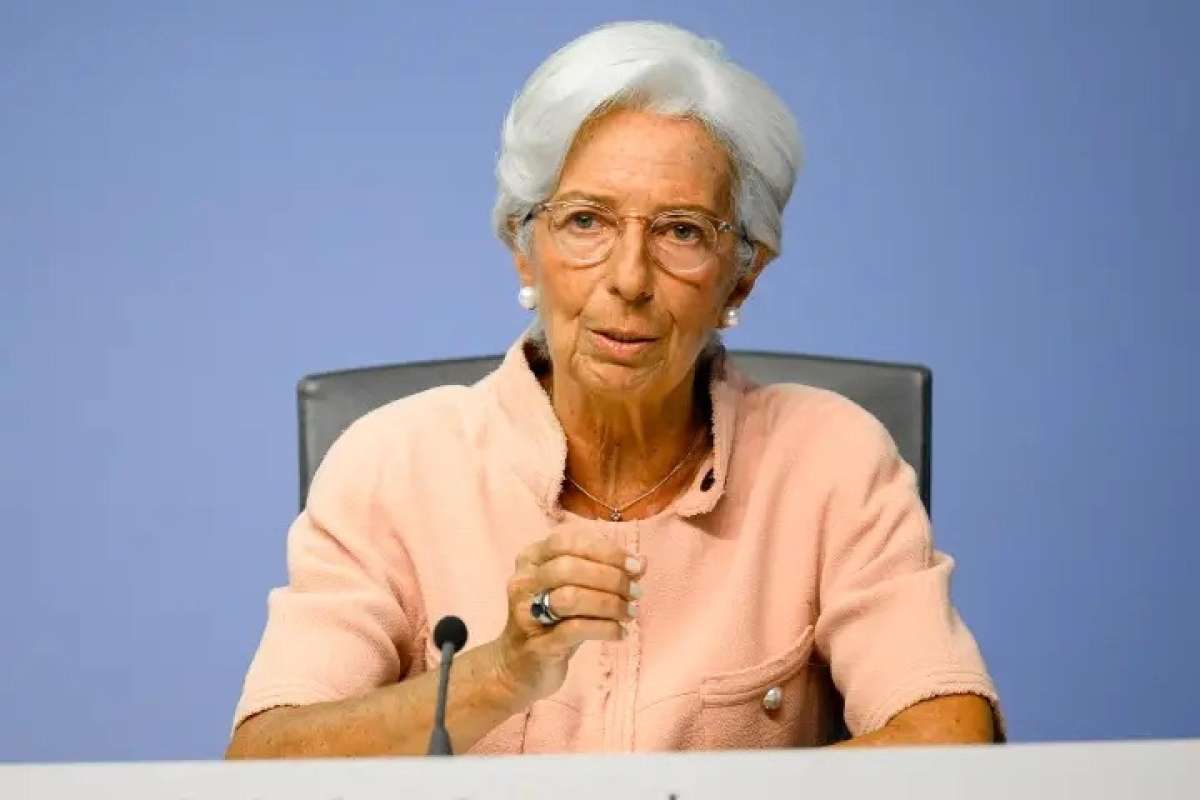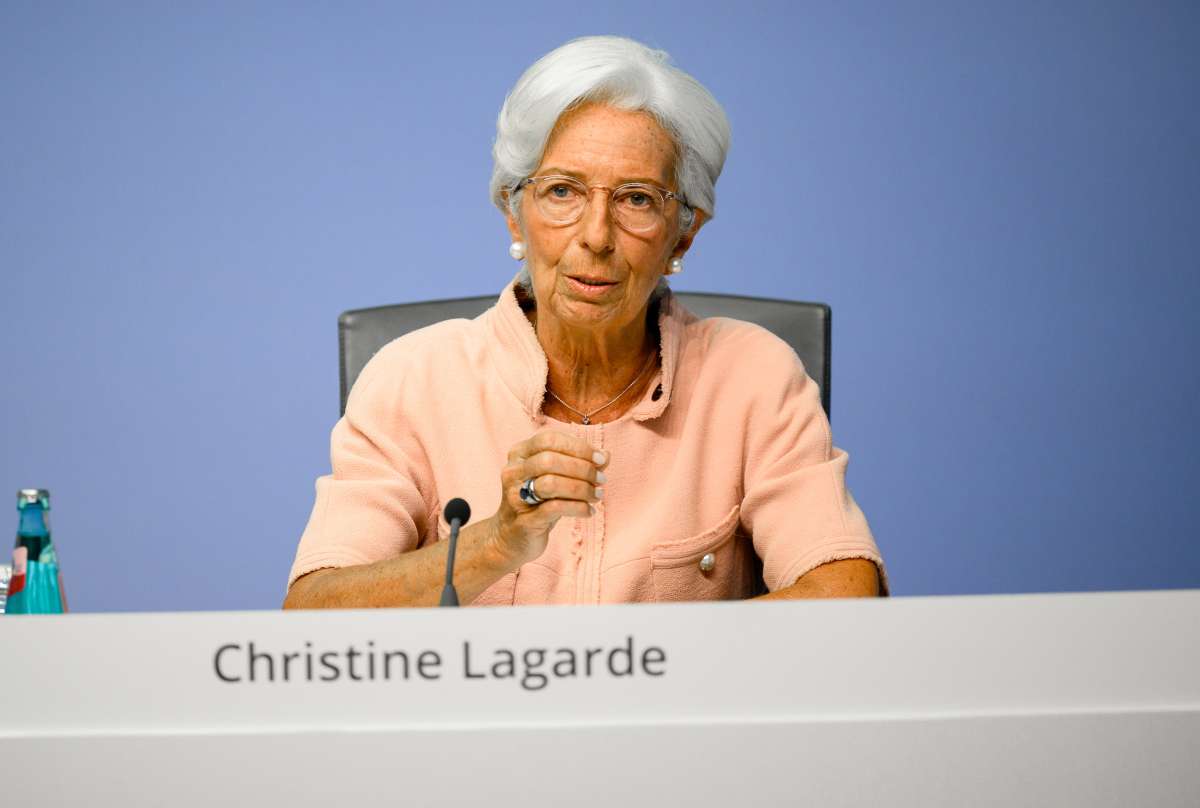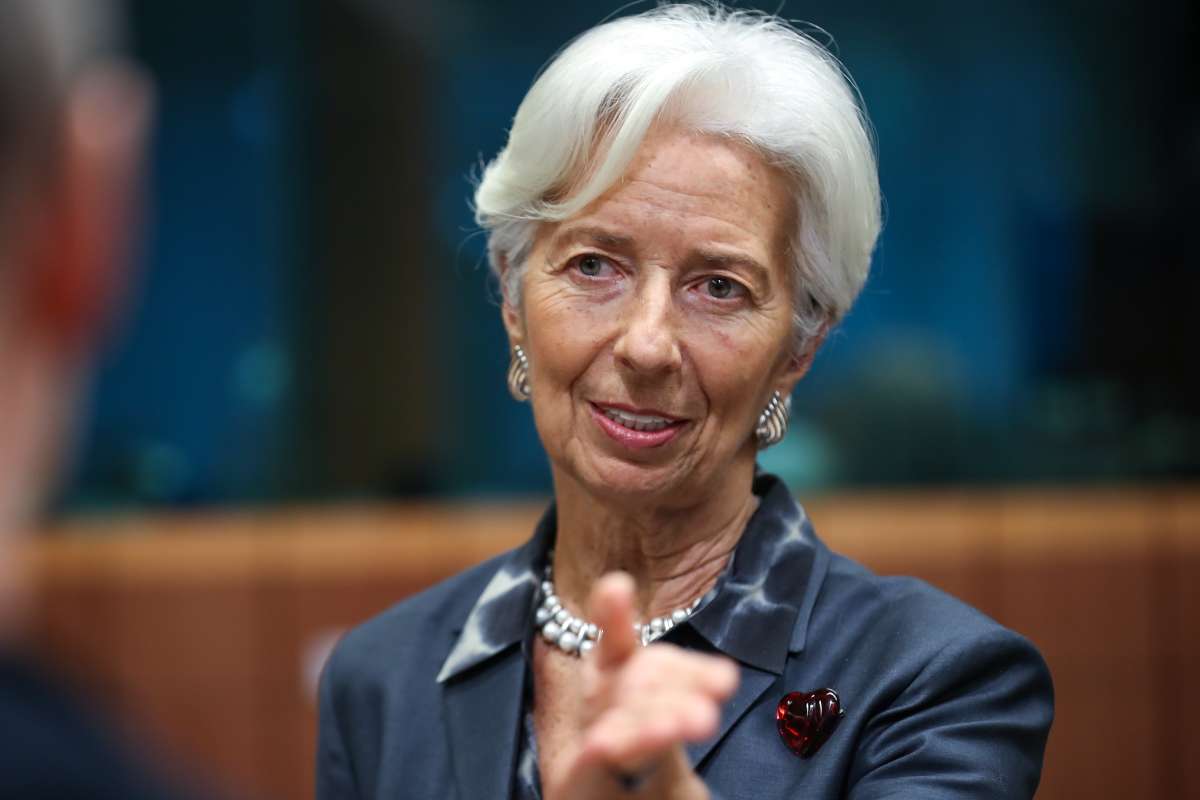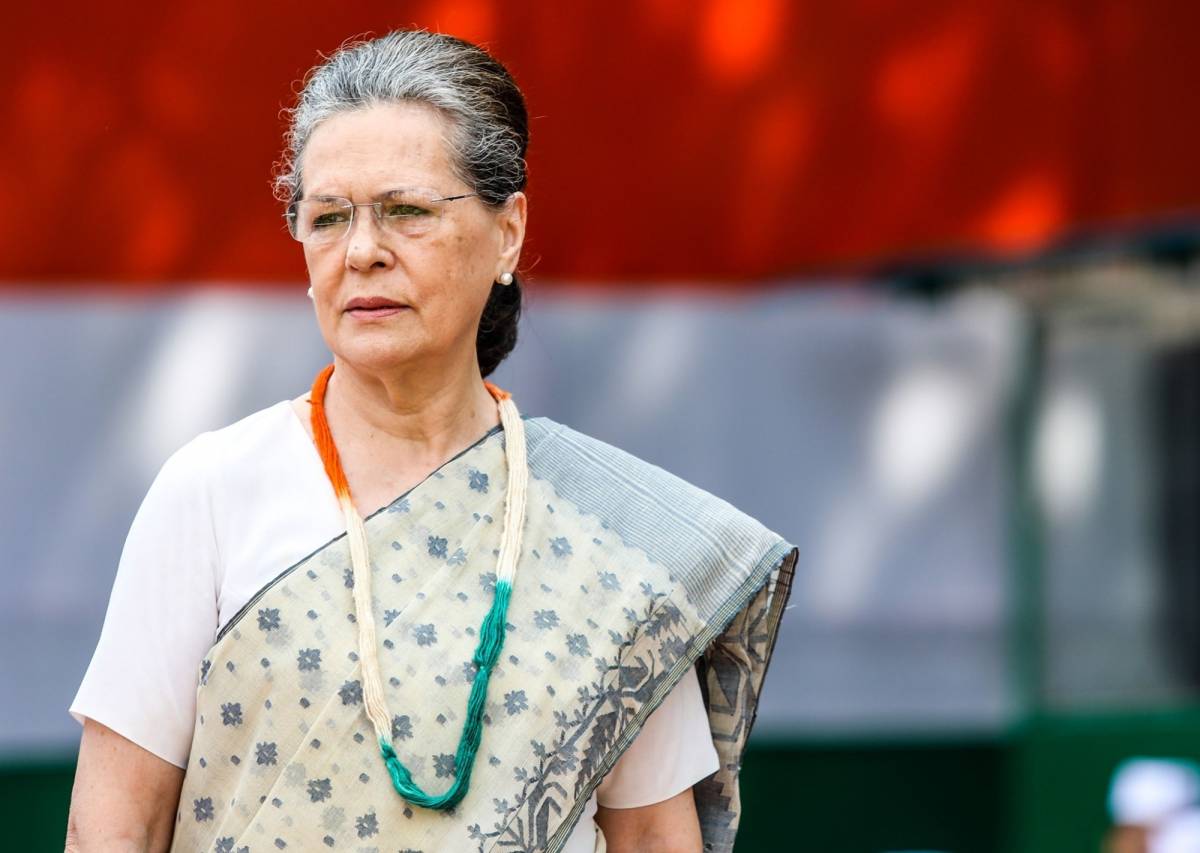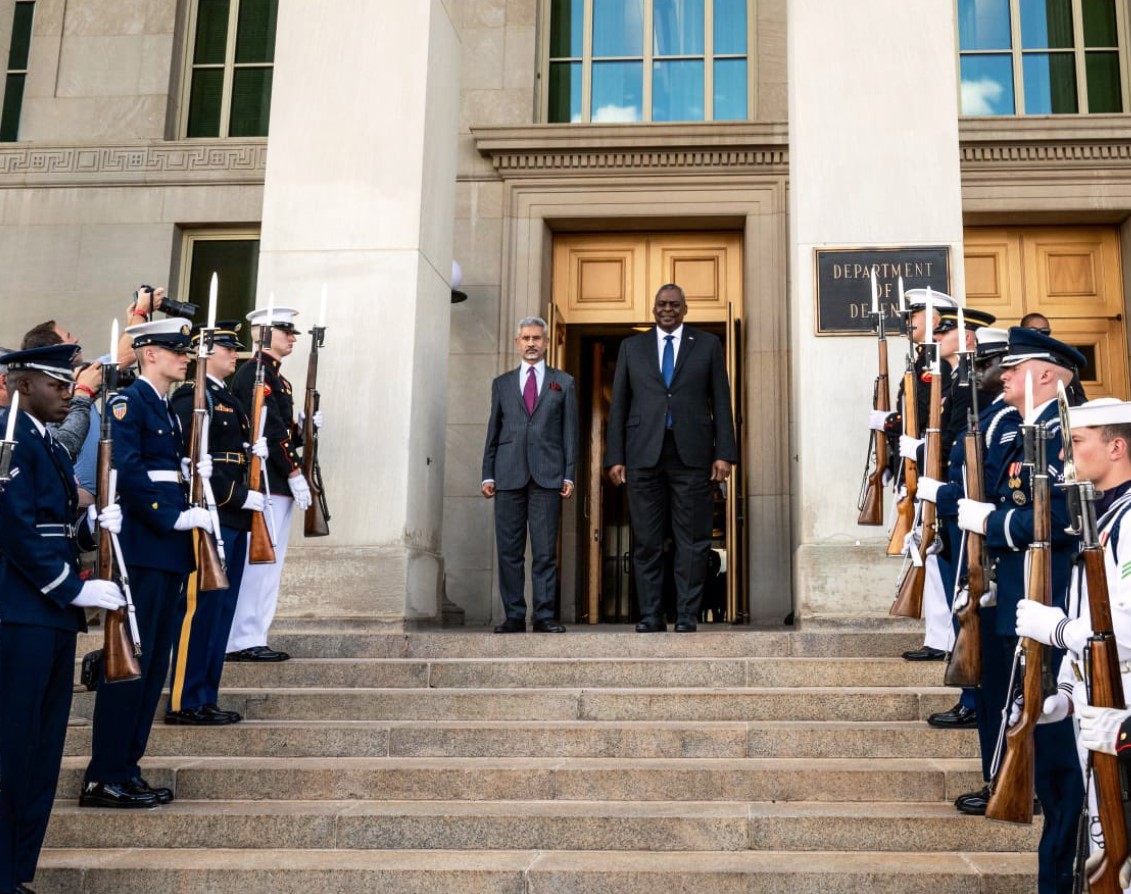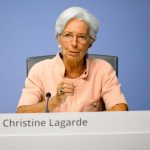The euro area economy grew by 0.8 per cent in the second quarter of 2022, Lagarde explained, mainly owing to strong consumer spending on services as the economy reopened…reports Asian Lite News
The European Central Bank (ECB) expects economic activity in Europe to slow down substantially in the coming months, due to skyrocketing prices, decreased spending power and overall uncertainty, ECB President Christine Lagarde said.
Addressing a hearing of the European Parliament’s Economic and Monetary Affairs Committee, Lagarde on Monday added: “We expect to raise interest rates further over the next several meetings, to dampen demand and guard against the risk of a persistent upward shift in inflation expectations.”
“Our future policy rate decisions will continue to be data-dependent and follow a meeting-by-meeting approach,” she said.
The euro area economy grew by 0.8 per cent in the second quarter of 2022, Lagarde explained, mainly owing to strong consumer spending on services as the economy reopened.
However, growth is expected to slow substantially. This is mainly due to high inflation, slower demand for services, a weakening global demand and worsening terms of trade. Falling household and business confidence due to a high level of uncertainty are also contributing factors.
The Russia-Ukraine conflict has “cast a shadow over Europe” with economic consequences, she said.
The “outlook is darkening,” while inflation remains “far too high” and is “likely to stay above our target for an extended period”.
“The risks to the inflation outlook are primarily on the upside, mainly reflecting the possibility of further major disruptions in energy supplies,” the ECB chief added.
“While these risk factors are the same for growth, their effect would be the opposite: they would increase inflation but reduce growth.”
These developments have led to a downward revision of the latest ECB staff projections for economic growth for the remainder of the current year, and throughout 2023. Staff now expect the economy to grow by 3.1 per cent in 2022, by 0.9 per cent in 2023 and 1.9 per cent in 2024.
Lagarde said it is “essential” that “temporary and targeted” fiscal support is used to shield households from the impact of higher prices, as this limits the risk of fueling inflationary pressures.
ALSO READ-ECB to incorporate climate change into monetary policy ops


